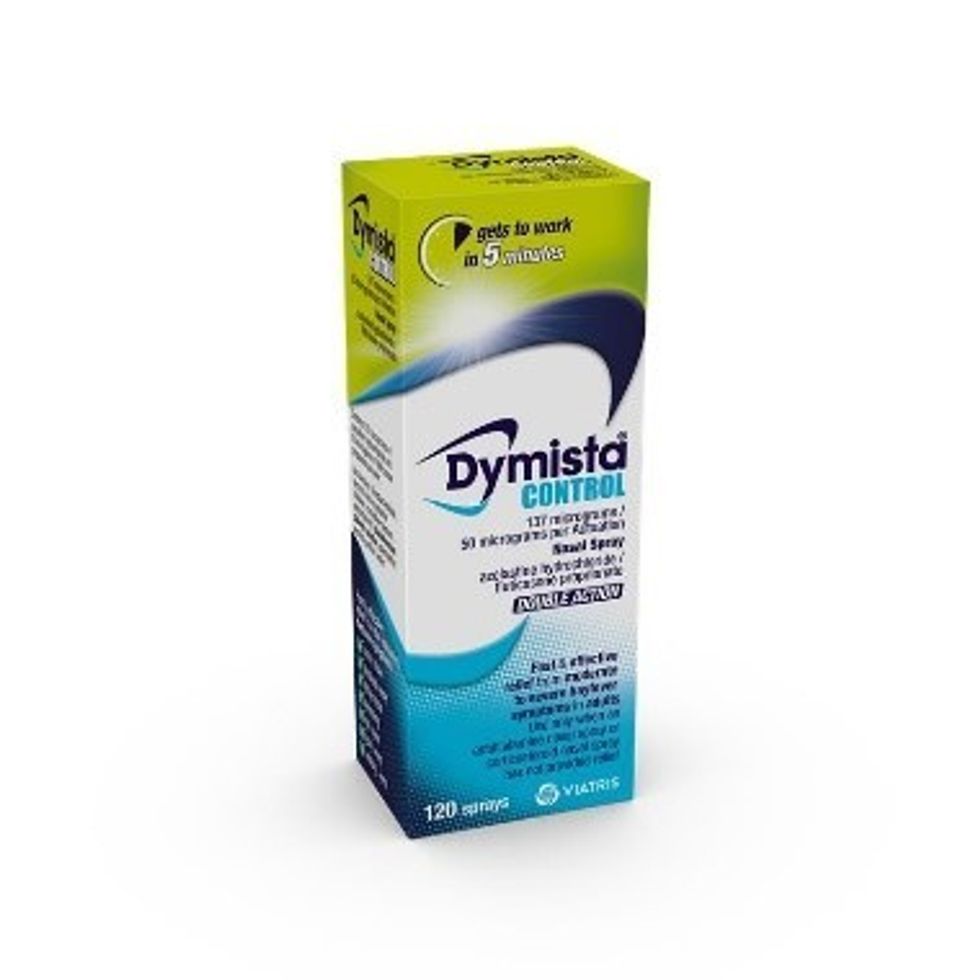Violent and abusive behaviour against pharmacists is impacting on recruitment and retention of staff in the sector, according to the Pharmacists’ Defence Association (PDA).
The trade union for pharmacists told BBC Breakfast TV on Wednesday (May 8) that its members have continuously raised workplace safety concerns due to an alarming rise in the incidents of abuse and violence against pharmacy staff.
The PDA union has been calling for adequate risk assessments and preventative safety measures to be put in place in pharmacies whist adopting a zero-tolerance approach to violence and abuse.
With several significant and worrying incidents involving PDA members, including a pharmacist being threatened with a knife recently, further research was conducted in April 2022 to establish the extent and impact of such behaviour on pharmacists.
Forty-four per cent of the respondents in the survey reported that they or someone that they worked with had experienced physical or violent abuse in the last month.
Eighty-five per cent of pharmacists surveyed said they or someone they worked with had experienced verbal or racial abuse in the last month, with 89 per cent confirming there had been an increase in the number of such incidents in the last year.
However, only 38 per cent of the respondents had logged a police report in relation to physical violence or abuse, property damage or theft.
Last year, the result of the PDA’s 2021 safer pharmacies survey also demonstrated the scale of the problem, with only two in 10 pharmacists reporting that they felt safe all of the time that they were at work.
The association stressed that the main reasons for the number of incidents occurring included inadequate staffing levels, frustration from patients around the time taken to dispense their prescriptions and some cases of medicines being unavailable.
In a statement, Alison Jones, director of policy at the PDA, said: “People are understandably anxious about their health or that of those that they care for, and are visiting pharmacies more as they are an accessible and convenient way to seek the advice of a healthcare professional.
However, there are necessary and regulated checks which need to take place with every prescription item that is dispensed – to make sure that the medicines are safe and appropriate for the individual. This important safety net means that it can take a little time for patients to wait in the pharmacy and this is often where flash points can occur."
Data from Health Education England’s (HEE) pharmacy workforce survey for 2021 demonstrates that there has been a significant reduction in staff working in community pharmacy in recent years, with a drop in the number of support staff since 2017 of a staggering 14 per cent on a full-time equivalent basis, even though since the start of the Covid-19 pandemic, 31 per cent of people are more likely to visit a pharmacy first before seeking help elsewhere.
Alison continued: “Pharmacists and pharmacy teams need to feel safe in their workplace and there is no excuse for them to be subjected to the violence and abuse that we are hearing about from our members.
“The PDA continues to call for pharmacy businesses to adopt the Safer Pharmacies Charter, which includes a commitment around a zero-tolerance approach to violence and abuse, and for teams to be appropriately protected from the often-daily threats that they are experiencing through the provision of appropriate staffing levels and security measures such as panic alarms and CCTV”.
Some PDA members told the union that they are anxious about going to work and do not feel supported by their management resulting in them looking to work elsewhere.








 Dymista® CONTROL (azelastine hydrochloride and fluticasone propionate) nasal spray
Dymista® CONTROL (azelastine hydrochloride and fluticasone propionate) nasal spray ![Potential Side Effects of Mounjaro [What You Need to Know]](https://www.pharmacy.biz/media-library/image.jpg?id=54516976&width=1245&height=700&quality=90&coordinates=0%2C29%2C0%2C29)








